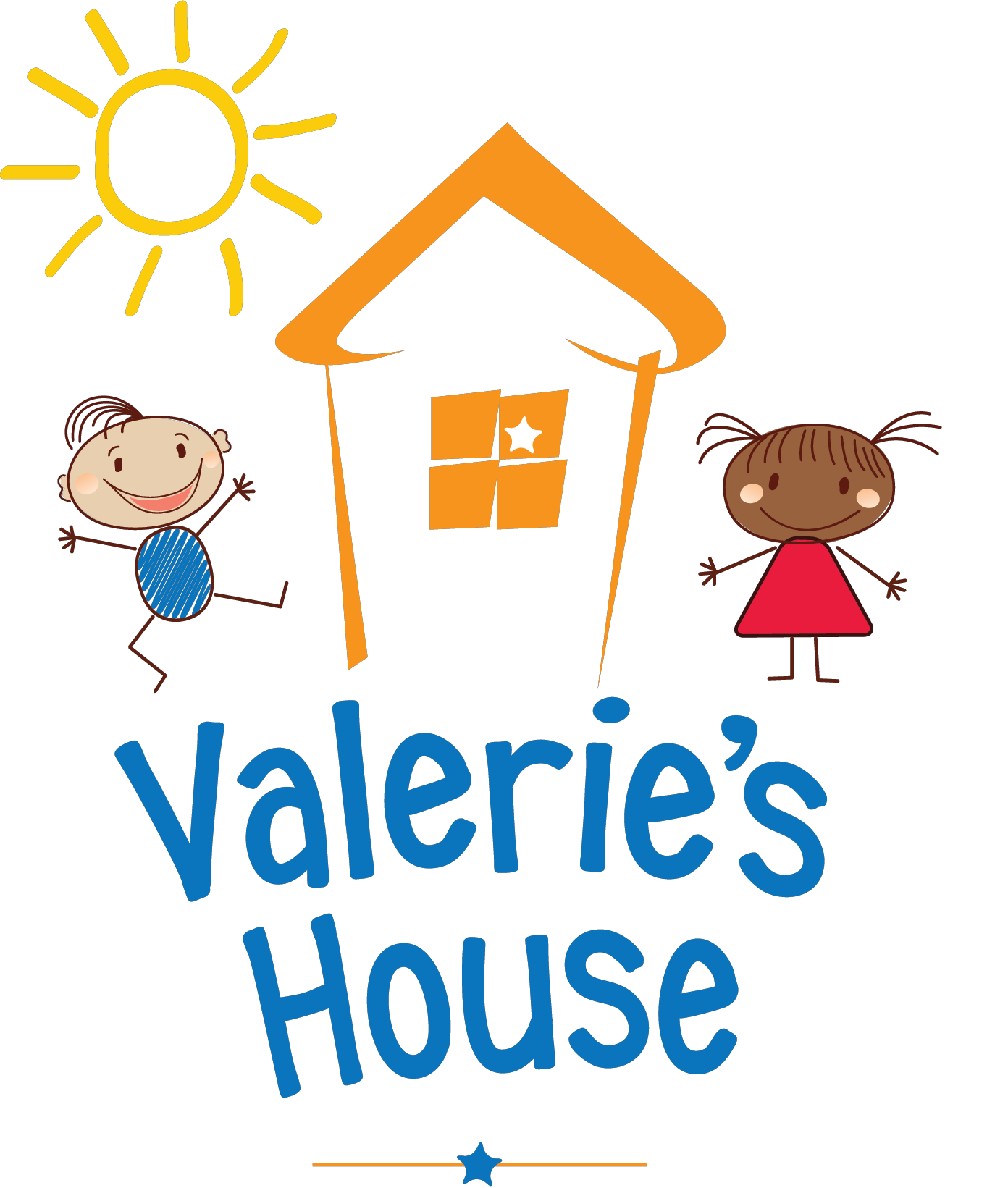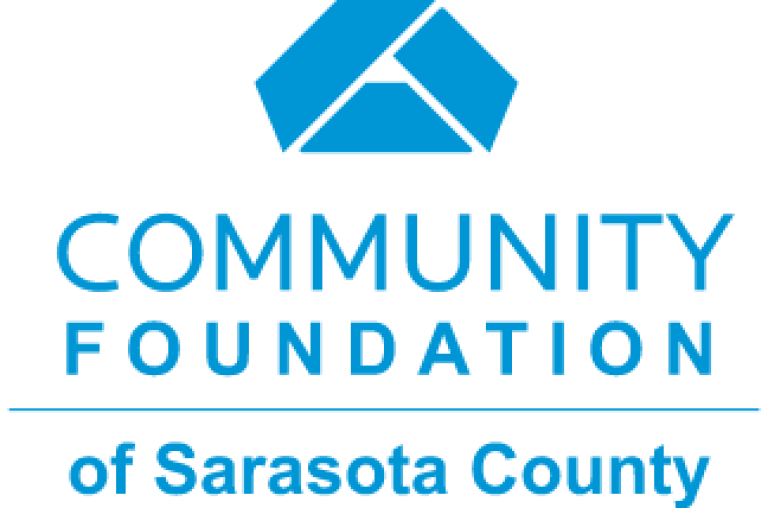FORT MYERS
The Uvalde school shooting that killed 19 students and two adults is difficult to understand for grown-ups.
But it’s even harder for children to grasp.
A child psychologist at Lee Health said it’s better to speak to children about what’s happening before they begin to learn about it on their own.
The question is not if you should have the conversation, it’s how.
Deyanir Helt, a Lee County mom, said she hesitated before taking her fourth-grader to school on Wednesday in the wake of the mass shooting.
“I usually drop her off and drive through. Today I got out of the car and I just walked with her and the other parents we were looking at each other like you never know if this is the last day you were going to see your child,” Helt said.
Helt worries as she watches the images on the news. Her little girl sees them too.
“She did ask a bunch of questions and now she is like ‘Mommy why is this happening so often? Why?’ So what should I say,” Helt said.
Dr. Fracnes Sanchez-Duverge, a pediatric psychologist at Golisano Children’s Hospital, said parents should check in with themselves first and make sure they are OK emotionally before talking to their children.
And when they are ready, they should start by asking open-ended questions and for younger kids, stay away from any graphic information.
“What do you know about what happened? What have you heard? How does it make you feel? As opposed to asking, are you afraid,” Sanchez-Duverge said.
But if your child is afraid, it’s important to reassure them they are safe and focus on solutions they can control.
“A child has no control over whether there’s police presence in the school, or whether, you know, there’s lockdown drills more frequently or not. Those are administrative questions that kids can’t do anything about and it makes them feel vulnerable and helpless,” Sanchez-Duverge said.
Sanchez-Duverge said talking to kids about solutions you can control means emphasizing they should say something when they see something.
Children should also be able to identify an adult they can go to with safety concerns.
It’s also important to monitor how much news a child can see and avoid having adult conversations near children.
Amy Strom, director of partnerships and clinical support, at Valerie’s House, said the normal response is fear.
“I think a lot of children and parents right now are afraid and I think it is OK to say that. It is OK that you are afraid but there are a lot of great people out there that are here to help us and that me, as your parent, or the police and our schools are doing what they can to make sure that you are safe,” Strom said.
With younger kids, keep the conversation short, but with older kids you can go a little deeper.
“If they are on the internet and looking at different articles we want to make sure that the facts are what they are understanding of what happens and then we can help them make sense of what happened,” Strom said.
And making sense of a senseless act can be hard, so Strom said don’t feel pressured to have all of the answers.
“It’s OK to acknowledge that we don’t know the answer. Sometimes people will ask the question why do people do this and it’s OK for us to say I don’t know. It’s never OK for anyone to hurt anyone so I think it’s OK that we can join in with them and understand that and let them know that their feelings are valid,” Strom said.
Speaking with a young mother of two named Niesha, she said seeing events like this makes her seriously consider home-schooling her children.
“I don’t even know. When they start school if I would send them to public school. I would probably like to home-school them better. That way I know they’re safe,” said Niesha.
Her kids are young, so, for now, she shields them from horrifying stories like what happened in Texas.
“What I would tell them is, ‘make sure you’re being safe and make sure you’re not hanging around people that think it’s OK and it’s cool. Don’t try to fit in,’ said Niesha.”
It’s a conversation Steve and Rita Schenkel, who have 13 grandchildren, are already thinking about.
“We have strong faith we’ve tried to instill in our own children and to try to help them understand there are so many good people out there, but there is evil in this world,” said Steve Schenkel.
Strom says it’s important to make children feel comfortable sharing and to validate their feelings and concerns.
“We want to provide a sense of security for our families, even in a time of uncertainty. And so, for them, that looks like going to school or having meals at a regular time and spending time together as a family,” said Strom.
Strom said there are some signs to look for that can show if your child is struggling: changes in their sleep pattern, changes in appetite, nightmares, and other forms of regression.






















